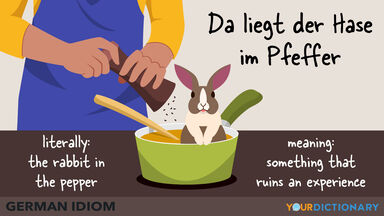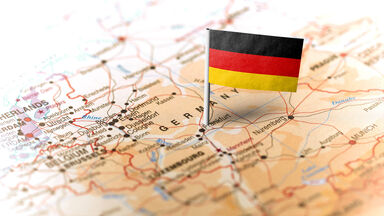Germanic Definition
jər-mănĭk
adjective
German.
Webster's New World
Designating or of a group of N European peoples including the Germans, Scandinavians, Dutch, English, etc., or the peoples from whom they are descended.
Webster's New World
Of or relating to the Teutons.
American Heritage
Designating or of the language group Germanic.
Webster's New World
Of or relating to a member of a Germanic-speaking people.
American Heritage
Synonyms:
noun
Webster's New World
A principal branch of the Indo-European family of languages, comprising the languages descended from Proto-Germanic: it is divided into three groups.
Webster's New World
Synonyms:
- Germanic language
pronoun
(linguistics) The group of Indo-European languages that developed from Germanic.
Wiktionary
(linguistics) The early, undocumented language from which other Germanic languages such as German, English, Dutch and Scandinavian languages developed.
Wiktionary
Origin of Germanic
-
From Latin Germānicus.
From Wiktionary
Germanic Is Also Mentioned In
Find Similar Words
Find similar words to Germanic using the buttons below.





